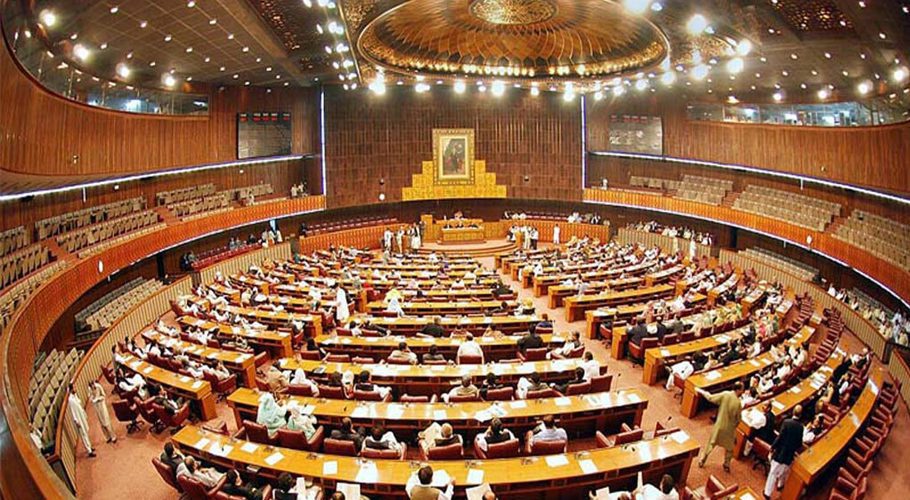ISLAMABAD: Shahbaz-led coalition government of Pakistan Democratic alliance (PDM) on Wednesday clipped the wings of National Accountability bureau further by passing the National Accountability Second Amendment Act, 2022 with a majority vote in the National Assembly (NA), revising the National Accountability Ordinance, 1999.
As per the bill, the offence of corruption and corrupt practices as per the National Accountability Ordinance (NAO), 1999, will be tied to the value of Rs500m.
The bill also strip the president of his authority to appoint judges of accountability courts in consultation with high court chief justices.
“A judge shall be appointed by the federal government after consultation with the chief justice of the high court concerned,” the bill stated. As per the bill, the service tenure of Prosecutor General NAB can be extended by 3 years.
State Minister for Law and Justice Shahadat Awan presented the National Accountability (Second Amendment) Act, 2022, in the lower house to further amend the law regulating the National Accountability Bureau (NAB).
The bill also amended the Section 16 of National Accountability Ordinance, 1999 (NAO), stating that an accused will be tried for an offence under the ordinance in the court under whose territorial jurisdiction the offence was alleged to have been committed.
Meanwhile, in an amendment to Section 19E, NAB’s authority to allow surveillance with the help of a high court has been withdrawn, including any assistance from government agencies to be used against the accused in the trial.
“Any person called to provide information in relation to an offence alleged to have been committed will be informed of the allegations against them so they can file their defense in court,” the bill stated.
Moreover, Chairman NAB will now be able to recommend the termination of the reference before the indictment.
Earlier, State Minister for Law Shahdat Awan speaking about the bill, said NAB should only get involved with mega corruption cases. “They will now be only able to investigate cases worth more than Rs50 million.”
He added that in order to reopen an old case, new evidence will have to be submitted to court.



























![Local residents at the Swat River, which is overflowing due to pre-monsoon heavy rains in the area on the outskirts of Mingora, the main town of Pakistan's Swat Valley [Sherin Zada/AP]](https://mmnews.tv/wp-content/uploads/2025/06/Flooding-in-Swat-river-120x86.jpg)








